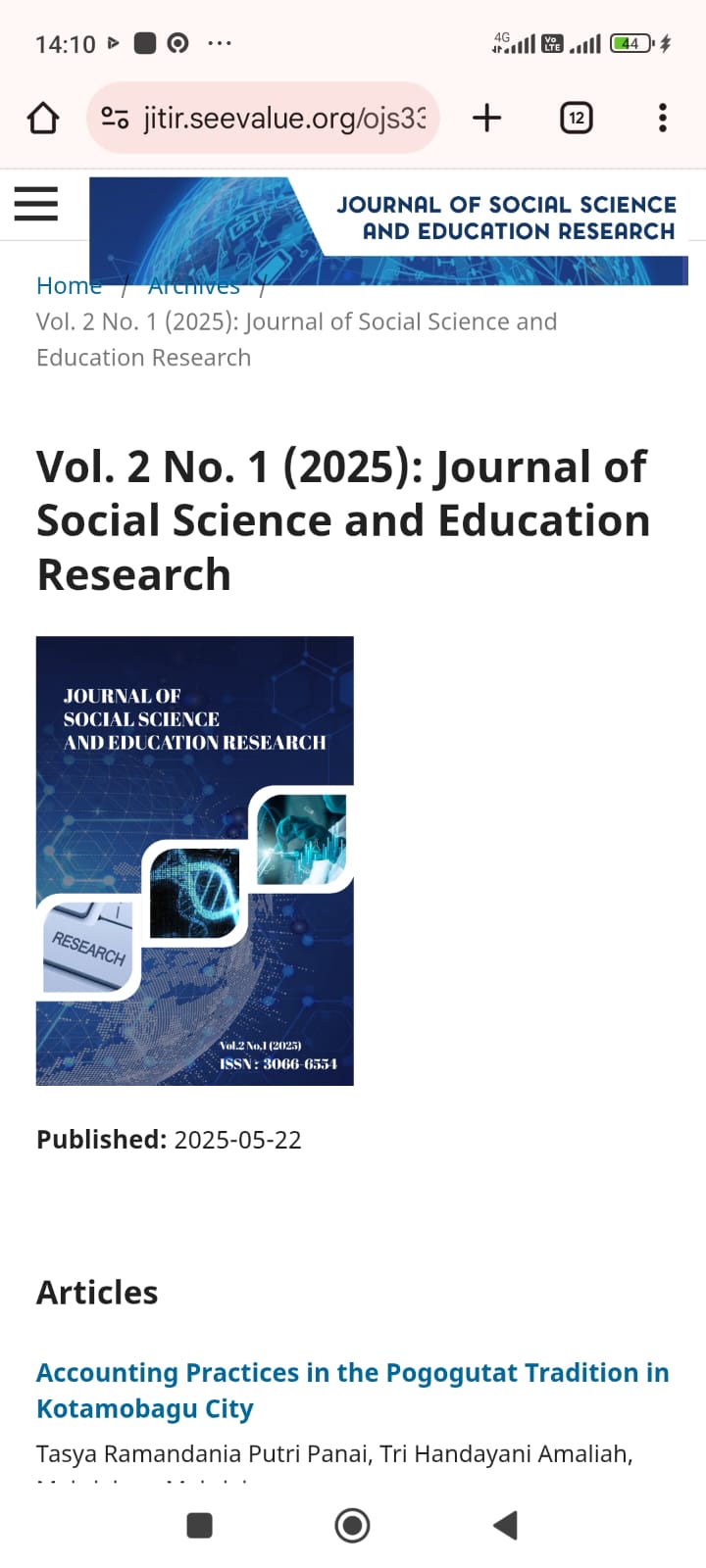
Setu Babakan, a Betawi cultural heritage area in Jakarta, holds significant potential for supporting contextual learning based on local culture. This study aims to explore how participatory learning models in Setu Babakan can strengthen students' 21st-century competencies, particularly in collaboration, critical thinking, and cultural awareness. The research method used was a qualitative case study approach, involving observations and in-depth interviews with educators, area managers, and students participating in cultural education programs at the site. Findings indicate that participants' active involvement in cultural activities such as batik-making, playing traditional musical instruments, and direct interaction with traditional leaders fostered improved social skills, cross-cultural understanding, and critical reflection on local identity. Furthermore, the culture-based education program in Setu Babakan has been shown to support meaningful, relevant, and contextual learning within students' lives. The study concludes that integrating local wisdom into the learning process through a participatory approach in cultural areas can be an effective strategy for fostering 21stcentury competencies while preserving urban traditional heritage. Recommendations are made for local governments and educational institutions to expand collaboration with local cultural centers

Oleh :
Bambang Tri Wardoyo